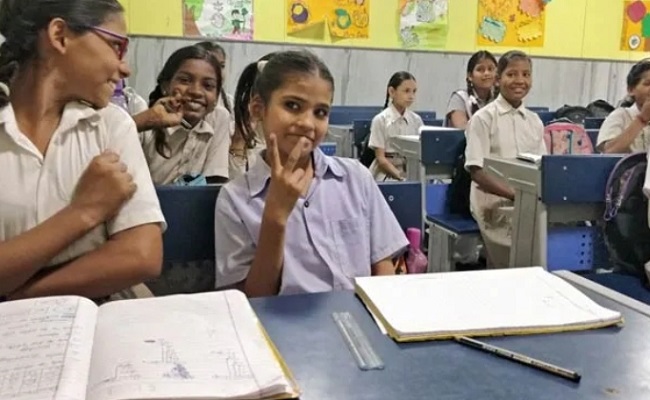
Private corporate educational institutes in India — especially those at the high school and intermediate levels — are significantly damaging the lives of students.
While this claim might sound bold, the ways in which these institutions are failing students need to be examined closely.
From 6th to 10th grade, many corporate schools operate without playgrounds, prioritizing profit over student well-being.
Shockingly, some of these institutions function all year without proper facilities or qualified teaching, yet all their students pass exams. How? By gaming the system.
These institutes allegedly manipulate the grading system, influence the media to remain silent, and even have connections with political figures to protect their interests.
The hefty fees collected from students — often running into lakhs — are mostly not reinvested into education.
In many cases, only around 10% of the funds go towards faculty salaries. The rest is spent on profits and maintaining influence over the system.
This model is unsustainable and harmful. Most of today’s youth are focused solely on landing IT jobs. Very few aspire to become teachers. Those who do often have no other options and end up earning meager salaries.
While some entry-level teaching jobs may offer Rs 60,000 to Rs 70,000 per month, there's little room for career growth, especially for those who lack genuine teaching talent.
However, there are exceptions. A small number of highly skilled and passionate teachers—especially those coaching for IIT and NEET — earn between Rs 1 crore and Rs 2 crore per annum.
But these individuals are rare. Private institutions showcase only these few top earners in advertisements to build their image and attract students.
Many parents are misled into believing that enrolling their children in such institutes guarantees high ranks. This is far from the truth. Talented students will perform well regardless of where they study.
Furthermore, it has come to light — through whistleblowers like Teenmaar Mallanna — that some of these institutes buy ranks from North Indian students and falsely claim them in advertisements.
This unethical trend is especially rampant in the Telugu states. Whether it's Nara Lokesh or Y.S. Jagan Mohan Reddy, leaders may have plans to improve education, but unless private institutes are regulated more strictly — especially regarding how much they invest in faculty over manipulative practices — the system will not improve.
For instance, if an institute earns Rs 100 crore and only spends Rs 10 crore on its faculty, what quality of education can be expected? What if they allocated Rs 40 crore instead?
That shift could even inspire the youth to consider teaching as a respectable and rewarding profession instead of blindly chasing IT jobs.
These institutes are also linked to rising student suicides, which are rarely made public.
The mental pressure caused by flawed teaching methods and unrealistic expectations is immense. Additionally, some institutes demand a portion of the fees in cash, which is illegal.
It’s time for serious audits. Education cannot be treated as a business in India. Authorities must ensure that all fee transactions are transparent and that institutes are held accountable for how they spend public money.
Only then can we expect real change. Otherwise, this toxic cycle will continue — ruining more young lives in the name of education.
Usha Chowdhary












